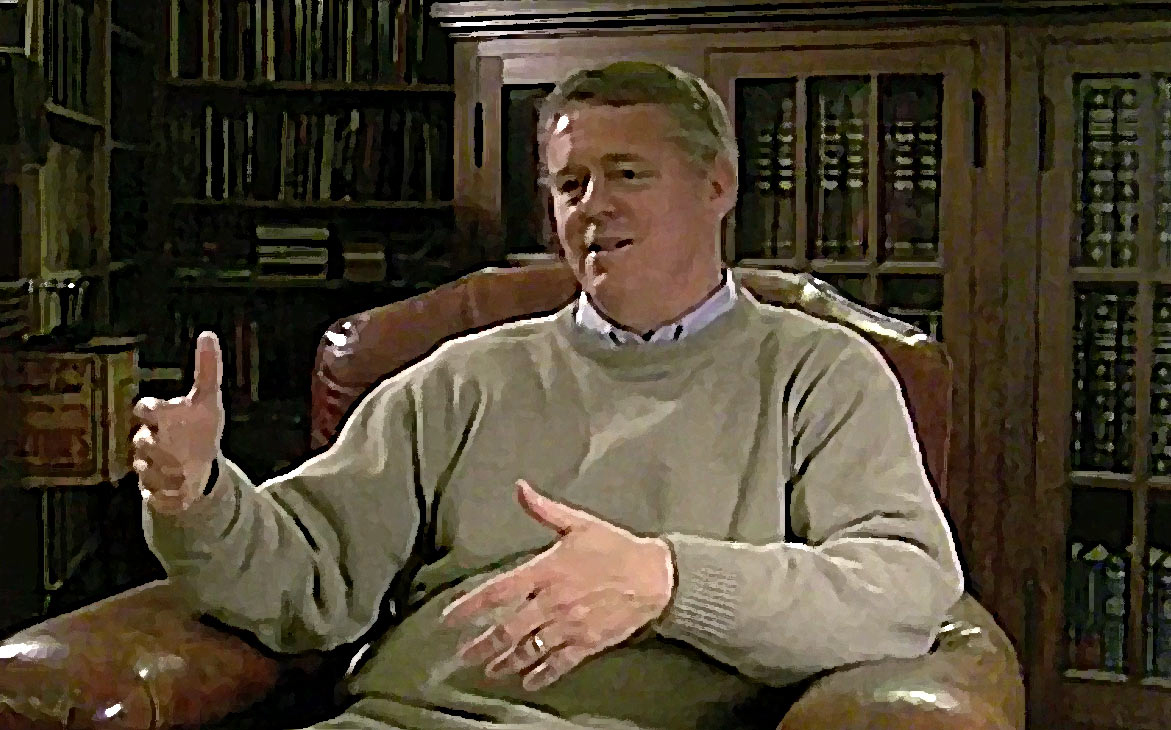Russian politics — does it consist in anything but the progressive unraveling of what modest liberalization of civic life the Russians benefited after the crackup of the Soviet Union?
The latest assault on liberty? The government targeting of Russian bloggers. The most popular ones — those with 3,000 or more daily readers — must now register with the government or risk being shut down. As Bloomberg’s Ilya Khrennikov puts it, “Russian President Vladimir Putin is taking names. Potentially thousands.”
The registrants must supply real names, real addresses.
Mother Russia says it’s doing this to combat inaccurate or defamatory information — i.e., opinions it dislikes; i.e., any too critical of the government. Putin already has authority to shut down “extremist” web pages sans judicial oversight. The new law tightens the noose.
It seems there’s little we can do about this in the West except express our sympathy for Russians fighting the commissars.
Well, one other thing, at least; and not so little. Western tech firms can refrain from abetting such repression the way Yahoo did when, several years ago, it turned over user info on Chinese dissidents Wang Xiaoning and Shi Tao to the Chinese government and thus enabled their imprisonment. Facebook, Google+ and other hosts of Russian-language blogs can flatly reject demands to censor or delete these blogs — or to supply the Russian government with identifying info on the authors.
Obviously, predictions of the end of history have indeed proven premature. We’re not all liberal democrats now.
This is Common Sense. I’m Paul Jacob.





